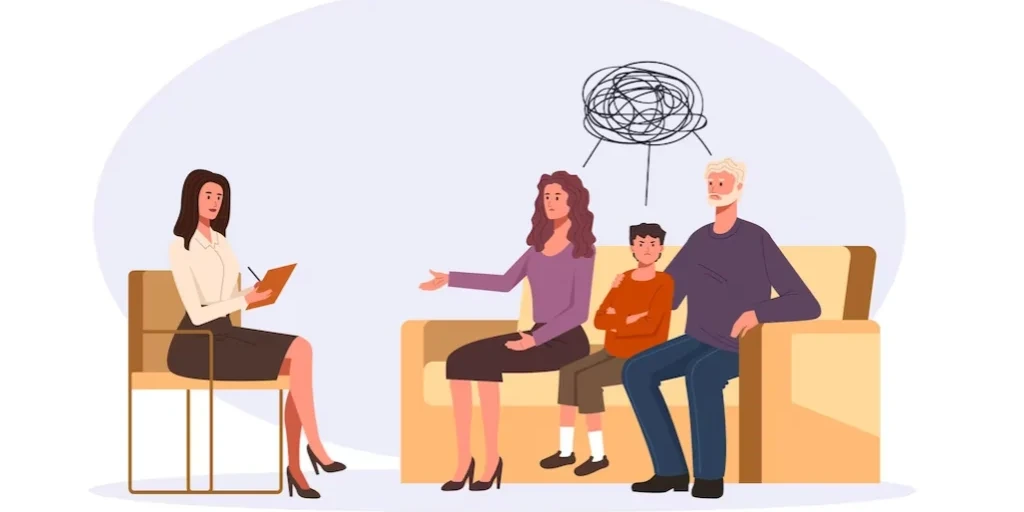24/7 Helpline:
(866) 899-221924/7 Helpline:
(866) 899-2219
Learn more about Bipolar Disorder Treatment centers in Kay County

Other Insurance Options

Oxford

UnitedHealth Group

MVP Healthcare

Anthem

Multiplan

Kaiser Permanente

CareFirst

Amerigroup

Evernorth

American Behavioral

BlueShield

Molina Healthcare

PHCS Network

AllWell

Premera

GEHA

Ambetter

Group Health Incorporated

Horizon Healthcare Service

Health Choice

Tonkawa Tribe – Substance Abuse Program
Indian Alcohol and Substance Abuse Tonkawa Tribe of Oklahoma offers outpatient services for people s...

Edwin Fair Community Mental Health Center – Kay County
Edwin Fair Community Mental Health Center – Kay County is a private rehab located in Ponca City, Okl...

Bridgeway
Bridgeway is located in Ponca City, Oklahoma. Bridgeway provides substance abuse treatment.

Ponca City Rightway Medical
Ponca City Rightway Medical is a private rehab located in Ponca City, Oklahoma. Ponca City Rightway ...




































Alpha II
Alpha II is a private rehab located in Tonkawa, Oklahoma. Alpha II specializes in the treatment of a...

































